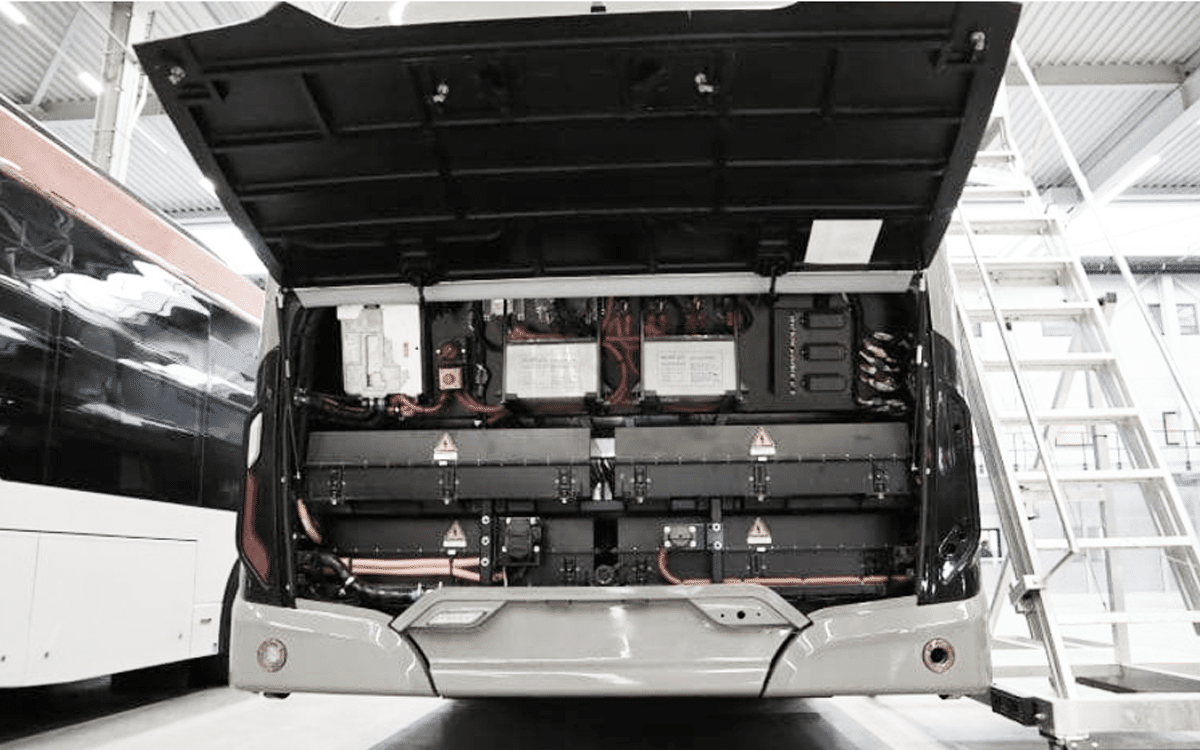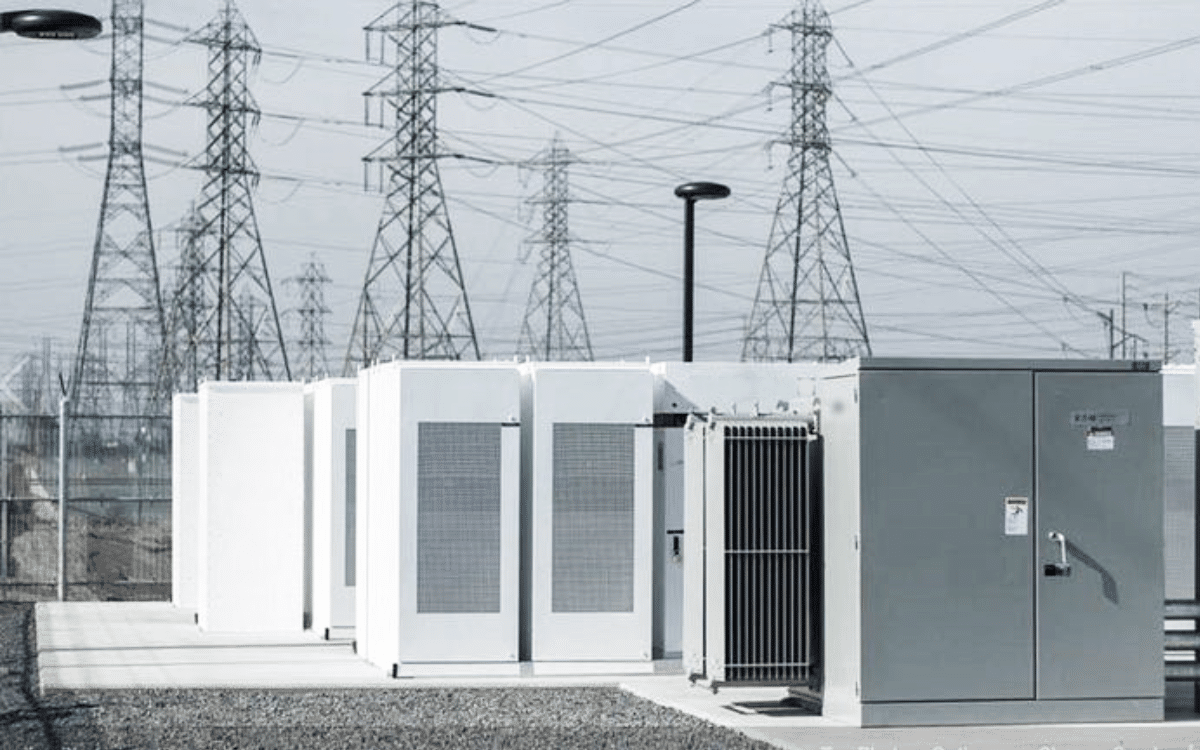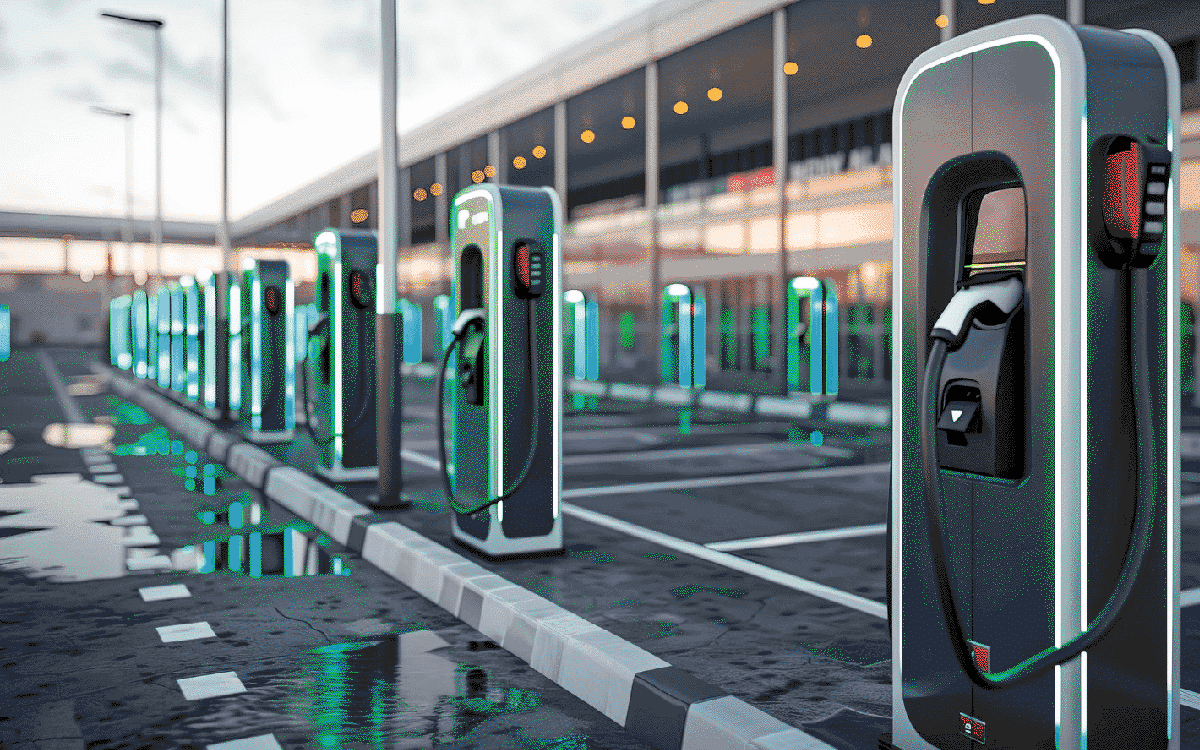As electric vehicle pioneers for more than 15 years we understand the challenge, cost and complexity of commercial vehicle fleet electrification and that it can’t be easily solved by widgets and thought leadership alone. To support our customers we have developed a comprehensive configuration tool which we deliver together with advice and support from our experienced fleet electrification team.
Route Evaluation
The feasibility of operating routes with an EV requires evaluation of energy requirements for each type of vehicle accounting for:
- Driving cycle (speed and acceleration profile)
- Vehicle loading (variable or fixed)
- Topography (elevation profile)
- Environmental conditions (temperatures)
Using modelling tools and real-world data sets, ZeroMisson can determine reliable estimates of the duty for specific vehicles running on proposed routes.
Battery Sizing
The route evaluation and the proposed operating schedule will determine the required operating range between charging sessions. The size of the battery needed can then be assessed, with respect to:
- Restricted charging cycles for optimisation of battery life
- Accounting for battery capacity deterioration over lifetime usage
- ‘Worst case’ operating conditions
- Energy reserves for contingency plans
Capacity planning
The operating schedule will determine how quickly energy is to be transferred to the vehicles during charging.
Using modelling tools, ZeroMission can assess the peak power demand for different charge management strategies – or assess the optimum charge management strategy for a given limit on the site power capacity.
This will then inform the decisions regarding grid connection and electrical infrastructure including minimum grid connection capacity, transformer sizing and use of BESS.
Technology Selection
ZeroMission bring experience and expertise from the EV charging technology industry, electrical infrastructure projects as well as control and monitoring systems. Our knowledge and experience with can assist in making the right choice for the needs of your fleet.
We can assist in selection and evaluation of:
- Charging stations: capacity, configuration and control
- IoT devices for energy metering, power and plant condition monitoring
- Devices for monitoring and mitigating power quality (harmonics) issues
- EV telematics systems
Charging system design
Finding space for charging infrastructure in existing depots can be challenging. Where different options for parking layouts and charger positioning can be made, there are often multiple issues to consider. Zeromission can assist in finding an optimal solutions for new charging system installations taking into account considerations such as:
- Safe access for operatives to charging equipment
- Impact risk to charging equipment and protective measures
- Optimal parking arrangements
- Charging stations with dedicated connection OR distributed DC to multiple vehicles
- Cable routing
- Alternative charge connection options
- Location and layout of substations
- Electrical distribution topologies
- Capacity for future expansion
Route Evaluation
The feasibility of operating routes with an EV requires evaluation of energy requirements for each type of vehicle accounting for:
- Driving cycle (speed and acceleration profile)
- Vehicle loading (variable or fixed)
- Topography (elevation profile)
- Environmental conditions (temperatures)
Using modelling tools and real-world data sets, ZeroMisson can determine reliable estimates of the duty for specific vehicles running on proposed routes.
Battery Sizing
The route evaluation and the proposed operating schedule will determine the required operating range between charging sessions. The size of the battery needed can then be assessed, with respect to:
- Restricted charging cycles for optimisation of battery life
- Accounting for battery capacity deterioration over lifetime usage
- ‘Worst case’ operating conditions
- Energy reserves for contingency plans
Capacity planning
The operating schedule will determine how quickly energy is to be transferred to the vehicles during charging.
Using modelling tools, ZeroMission can assess the peak power demand for different charge management strategies – or assess the optimum charge management strategy for a given limit on the site power capacity.
This will then inform the decisions regarding grid connection and electrical infrastructure including minimum grid connection capacity, transformer sizing and use of BESS.
Technology Selection
ZeroMission bring experience and expertise from the EV charging technology industry, electrical infrastructure projects as well as control and monitoring systems. Our knowledge and experience with can assist in making the right choice for the needs of your fleet.
We can assist in selection and evaluation of:
- Charging stations: capacity, configuration and control
- IoT devices for energy metering, power and plant condition monitoring
- Devices for monitoring and mitigating power quality (harmonics) issues
- EV telematics systems
Charging system design
Finding space for charging infrastructure in existing depots can be challenging. Where different options for parking layouts and charger positioning can be made, there are often multiple issues to consider. Zeromission can assist in finding an optimal solutions for new charging system installations taking into account considerations such as:
- Safe access for operatives to charging equipment
- Impact risk to charging equipment and protective measures
- Optimal parking arrangements
- Charging stations with dedicated connection OR distributed DC to multiple vehicles
- Cable routing
- Alternative charge connection options
- Location and layout of substations
- Electrical distribution topologies
- Capacity for future expansion





